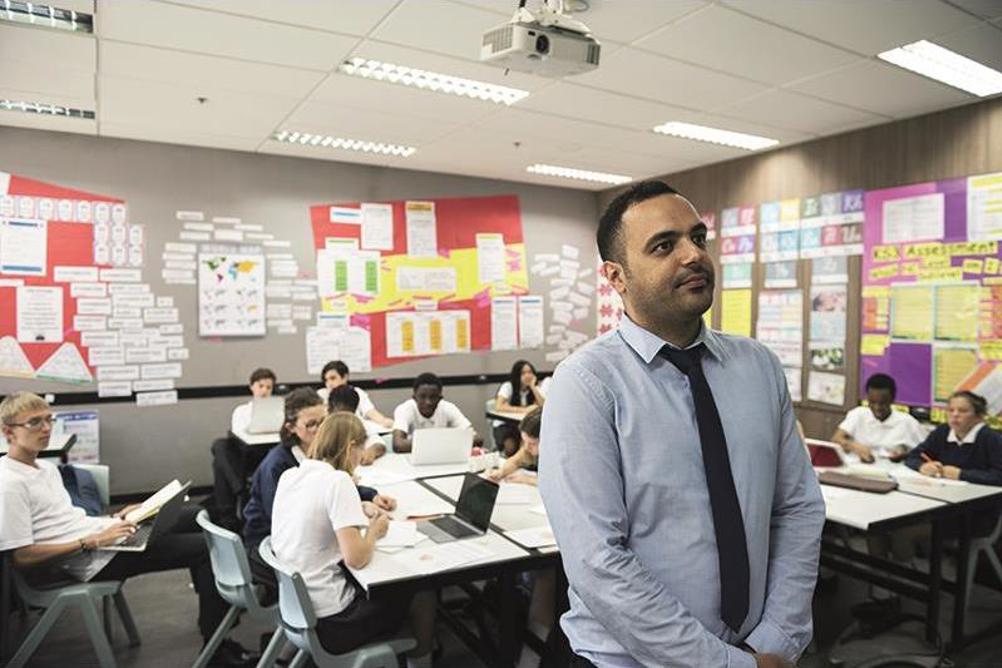
In this final instalment, I would like to share five practical questioning techniques.
1, Hot-seating
Hot-seating is a role-playing technique commonly used in drama lessons to deepen students’ understanding of characters, historical figures, or concepts. It works by immersing students in the perspective of the subject being studied. It is an engaging way to encourage critical thinking, empathy, and active participation.
Here is how hot-seating works in practice:
Hot-seating prompts students to step into the shoes of the character or concept, fostering empathy and a deeper understanding of their perspectives and motivations. The process also encourages critical thinking as students analyse and synthesise information to respond effectively. After the hot-seating session, facilitate a discussion where students reflect on the experience. Discuss how their understanding of the character or concept evolved and what insights they gained.
Register now, read forever
Thank you for visiting SecEd and reading some of our content for professionals in secondary education. Register now for free to get unlimited access to all content.
What's included:
-
Unlimited access to news, best practice articles and podcast
-
New content and e-bulletins delivered straight to your inbox every Monday and Thursday
Already have an account? Sign in here
